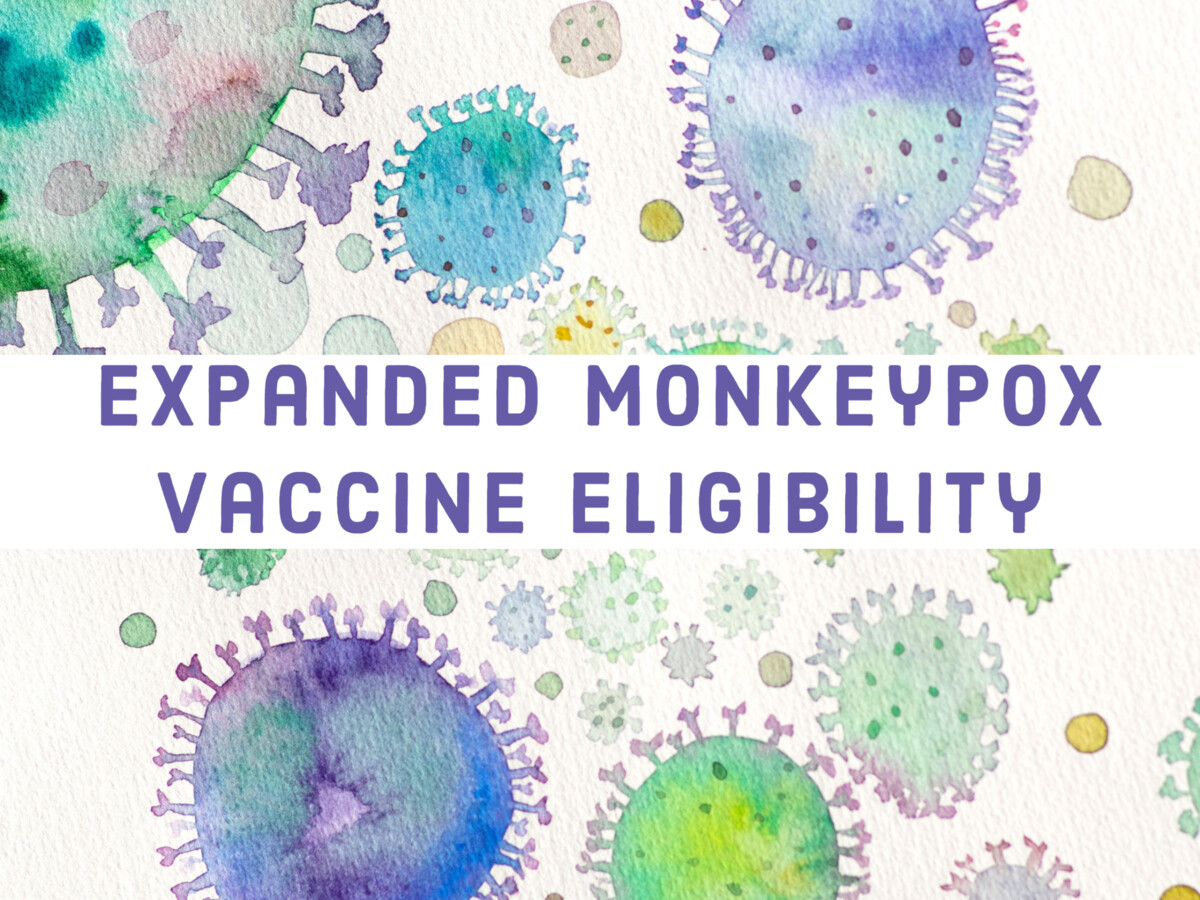Image


Governor Murphy and New Jersey Department of Health (NJDOH) Commissioner Judith Persichilli today announced expanded eligibility for the monkeypox vaccine and the State’s distribution plan for the 2,700 available doses.
The vaccine was previously available to residents with known exposure to monkeypox. However, going forward, the JYNNEOS vaccine (Smallpox and Monkeypox vaccine) will be available to New Jerseyans who are at a high risk of having been exposed to the virus in the past 14 days.
For residents with known exposure to an individual with monkeypox, the two-dose regimen for Post-Exposure Prophylaxis (PEP) continues to be available through local health departments.
Anyone with known exposure within the past 14 days should contact their health care provider or local health department regarding testing and vaccine eligibility. Local health departments will continue to conduct contact tracing and offer the vaccine to anyone identified as a close contact.
The Monkeypox vaccine is now available through three community partners for those residents without confirmed exposure who believe they may have been exposed or are at high risk for monkeypox exposure in the past 14 days. Vaccines are available by appointment only.
The three community partners include:
New Jersey is expecting additional doses from the Centers for Disease Control and Prevention (CDC) and as the State receives additional supplies, the Department of Health will continue to expand access to the vaccine.
Persons with an underlying condition that may increase their risk for severe disease if infected with monkeypox, such as a condition that weakens the immune system, or a history of atopic dermatitis or eczema, will receive high priority for vaccination if they have exposure risk as listed above.
Monkeypox is a rare disease caused by infection with the monkeypox virus – part of the orthopox family of viruses – that can affect anyone.
The virus can cause flu-like symptoms, swollen lymph nodes, and a rash that often begins on the face and spreads to other parts of the body.
Monkeypox does not spread easily to people without close contact. Although many of the current cases have been found in individuals who self-identify as men who have sex with men, monkeypox can spread from direct contact with any infected individual to any other individual. It can also be spread by touching clothing, bedding, towels, or surfaces that have been exposed to someone with the virus.
People who believe they have been exposed to monkeypox or who have symptoms should consult a health care provider immediately.
If you are sick with monkeypox:
-
For a directory of New Jersey local health departments, click here.
Morristown’s Local Health Department: Morristown Division of Health (200 South Street, 2nd floor, Room 214, Morristown, NJ 07960) P: 973-796-1993
*Note: while the CDC has discovered a large number of monkeypox cases among the LGBTQ+ community, it is not a disease that originates and remains within this community (correlation, not causation). A large amount of homophobic information is spreading online with continued reports on monkeypox cases and treatments. This stigma only makes it more difficult to get accurate information out to the public. Therefore, Morristown Minute has developed the above report with assistance from medical professionals and the Town of Morristown's local health department.
Follow Morristown Minute on Facebook, Instagram, and Twitter for more state and local updates.